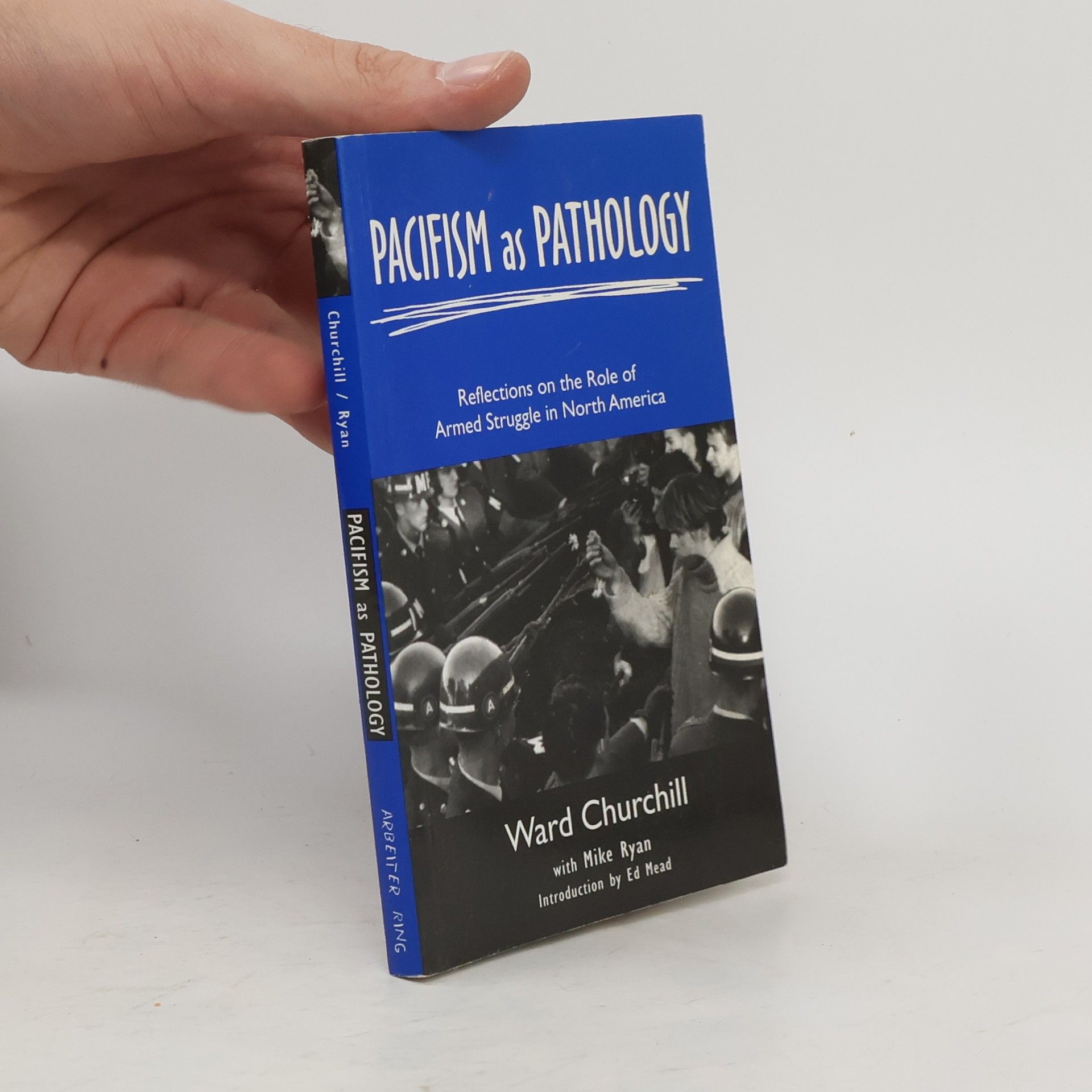From a Native Son: Selected Essays in Indigenism, 1985-1995
- 608 Seiten
- 22 Lesestunden
From a Native Son was the first volume of acclaimed American Indian Movement activist-intellectual Ward Churchill's essays in indigenism, selected from material written during the decade 1985-1995. Presented here in a newly revised edition that includes four additional pieces, three of them previously unpublished, the book illuminates Churchill's early development of the themes with which he has, in the words of Noam Chomsky, 'carved out a special place for himself in defending the rights of oppressed people, and exposing the dark side of history'.

